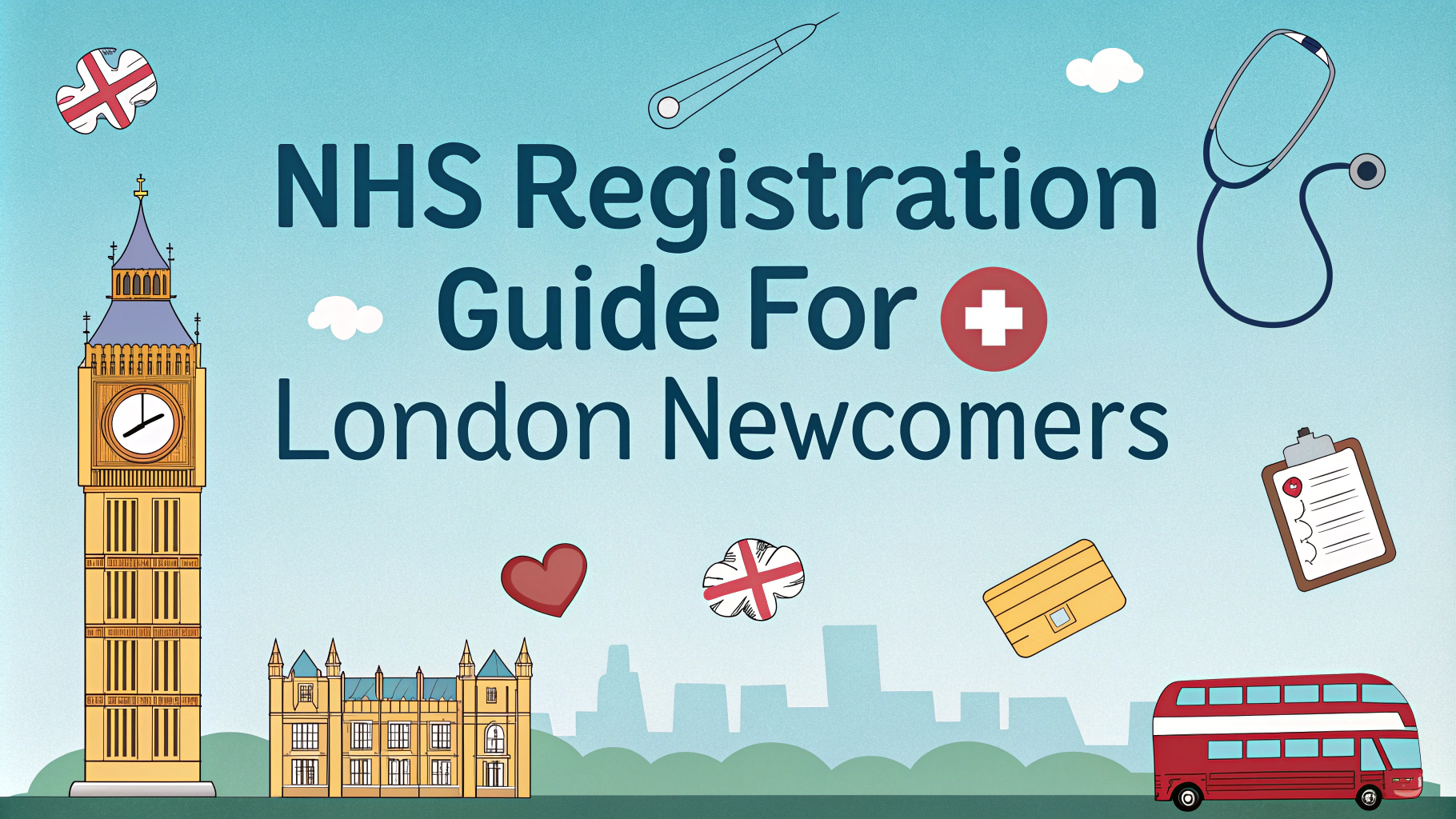Finding the perfect flat in London requires local knowledge, smart strategies, and careful planning to navigate one of the world’s most competitive rental markets.
London’s rental landscape changes rapidly, with properties often being snapped up within hours of listing, making it essential to be well-prepared and quick to act.
This quick guide shares tested methods from London estate agents and long-term residents to help you secure the right property while avoiding common pitfalls.
1. Set Your Budget Realistically
The general rule in London is that rent should not exceed 30% of your gross monthly income.
- Zone 1-2: £800-1,500+ for a room in a shared flat
- Zone 2-3: £700-1,200 for a room in a shared flat
- Zone 3-4: £600-900 for a room in a shared flat
- Add 40-60% to these prices for a one-bedroom flat
2. Choose Your Location Strategically
Consider these factors when selecting your area:
- Commute time to work/study
- Transport links (Night Tube availability)
- Local amenities and green spaces
- Crime rates (check police.uk for statistics)
3. Prepare Your Documentation
Have these documents ready before viewing:
- Proof of identity (passport/ID)
- 3 months of bank statements
- Employment contract or student status proof
- Previous landlord references
- Proof of current UK address
4. Use Multiple Search Methods
Check these reliable sources:
- Rightmove
- Zoopla
- SpareRoom (for house shares)
- Local estate agent websites
- Facebook Marketplace (with caution)
5. Schedule Viewings Efficiently
Book multiple viewings in the same area on the same day to save time and compare options effectively.
6. Check Essential Details
During viewings, verify these points:
- Water pressure and heating system
- Mobile phone signal
- Signs of damp or mold
- Double glazing
- Appliance condition
- Security features
7. Understand Rental Costs
Be prepared for these standard costs:
- 1-month rent in advance
- 5-week deposit (legally capped)
- Agency fees (now banned for tenants)
- Council tax (check band on gov.uk)
- Utility setup costs
8. Know Your Rights
Familiarize yourself with these protections:
- Deposit must be protected in a government scheme
- Landlord must provide Energy Performance Certificate
- Gas Safety Certificate must be current
- 24 hours notice required for visits
9. Move Quick, But Stay Smart
Have these ready to secure a property:
- Holding deposit (maximum 1 week’s rent)
- References contact details
- Guarantor details (if required)
Ready to Start Your Search?
Contact these trusted resources for additional help:
- Shelter Housing Advice: 0808 800 4444
- Citizens Advice: 0800 144 8848
- London Renters Union: londonrentersunion.org
10. Negotiate Terms Wisely
Consider these negotiation points:
- Length of tenancy for better rates
- Inclusion of utilities in rent
- Furniture requirements
- Break clause terms
- Maintenance responsibilities
11. Inspect Before Moving In
Document these crucial elements:
- Take dated photographs of any damage
- Record utility meter readings
- Test all appliances and locks
- Review inventory thoroughly
- Note any agreed repairs
12. Set Up Essential Services
Arrange these within your first week:
- Council tax registration
- Utility accounts transfer
- Internet installation
- Contents insurance
- Electoral register update
Making London Your Home
Finding your ideal London flat takes persistence and careful planning. Stay organized, act quickly but cautiously, and don’t compromise on your must-have features. Remember to thoroughly review all documentation before signing and keep copies of all correspondence with landlords or agents.
- Join local community groups
- Register with a local GP
- Learn your local transport options
- Keep all property-related documents organized
With these strategies and proper preparation, you’ll be well-equipped to find and secure your perfect London home.
FAQs
- What is the best time of year to look for a flat in London?
Late autumn and winter months (November to February) typically offer better deals and less competition, while summer months are the most competitive due to student and graduate moves. - How much should I budget for monthly rent in London?
Expect to spend 40-50% of your monthly income on rent. One-bedroom flats range from £1,200-£2,000+ depending on location, while room shares average £600-£1,000 per month. - Which documents do I need to rent a flat in London?
You’ll need proof of ID, right to rent in the UK, employment contract, bank statements, references from previous landlords, and proof of income (usually 2.5-3x the monthly rent). - How far in advance should I start my flat search?
Start looking 4-6 weeks before your intended move date. Properties in London move quickly, typically being let within 1-2 weeks of listing. - What areas offer the best value for money in London?
Areas like Lewisham, Forest Gate, Walthamstow, Tottenham, and Wood Green typically offer better value while maintaining good transport links to central London. - What additional costs should I consider beyond the monthly rent?
Budget for council tax (£800-£2,000 annually), utilities (£150-£200 monthly), deposit (5-6 weeks’ rent), holding deposit, and potential agency fees for reference checks. - Is it better to use an estate agent or search independently?
Estate agents provide access to vetted properties and handle paperwork but using multiple sources including SpareRoom, OpenRent, and Rightmove gives you the widest selection. - How can I check if a property and landlord are legitimate?
Verify the landlord’s ownership through Land Registry, ensure they’re part of a deposit protection scheme, and never transfer money before viewing the property and signing contracts. - What questions should I ask during a viewing?
Ask about energy efficiency rating, heating type, maintenance responsibilities, parking, building management, neighbor noise, and the length of tenancy available. - What are my rights regarding the security deposit?
Your deposit must be protected in a government-approved scheme within 30 days of payment, and you should receive documentation proving this protection.








